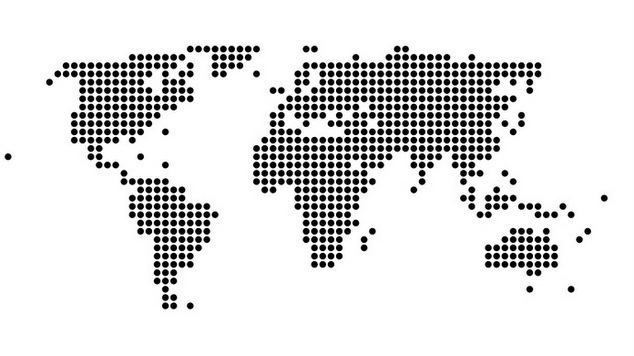
Calls for Japan to bring in anti-discrimination laws ahead of Tokyo Olympics
Human Rights Watch have highlighted that Japan is one of the few democratic countries that has no anti-discrimination laws on the basis of gender, sexuality, or race. Rights advocates have highlighted that while the delayed Summer Olympic Games promote the theme of “unity in diversity” and “passing on a legacy for the future.” – LGBTI athletes will probably be surprised to discover they have no protections once they reach Japan.
According to a 2020 study by Japan’s Ministry of Health, Labor and Welfare, 36 per cent of lesbian, gay or bisexual people, and 55% of people who are transgender report they experience difficult in the workplace. A new study by the Organization for Economic Cooperation and Development (OECD) ranked Japan second worst among all OECD member countries in basic legal protections for LGBT people.
Concern raised over kidnapping of two men who escaped Chechnya
ABC News in the USA have shared a disturbing report about the disappearance of two young men who had escaped persecution in Chechnya, only to reportedly be detained by Russian authorities and handed back to Chechen police.
Local charity the Russian LGBTI Network had helped Salekh Magamadov, 20, and Ismail Isteyev, 17, leave Chechnya last year after they were detained by police for two months and tortured, a representative for the network said. The pair were resettled in an apartment in Nizhny Novgorod about 400 kilometers from Moscow. However on Thursday the two men were detained by Russian police and handed over to Chechyan authorities who claimed they were needed as witnesses to an old criminal case and would be transferred to the town of Gudermes, west of the Chechen capital Grozny. The men had not arrived back in Chechnya by Friday night, and concern is held for their welfare.
China’s LGBT communities concerned over online crackdown
The South China Morning Post has shared the LGBT groups in China are concerned that new rules for online publishing will stop them from communicating. The new rules require for everyone in China to apply for an official license to publish any content that relates to current affairs.
We are confused and worried about what the new rules will bring,” said Yang Yi of the China Rainbow Media Awards, a non-profit promoting LGBT visibility. “Would sharing personal stories of school bullying, work discriminations and forced conversion therapy count as publishing news?” he asked.
WeChat, the largest social media platform in China has suggested that users refrain from publishing any posts relating to politics, economy, military, foreign relations and major breaking news events unless users have obtained a license.
OIP Staff

Love OUTinPerth Campaign
Help support the publication of OUTinPerth by contributing to our
GoFundMe campaign.





